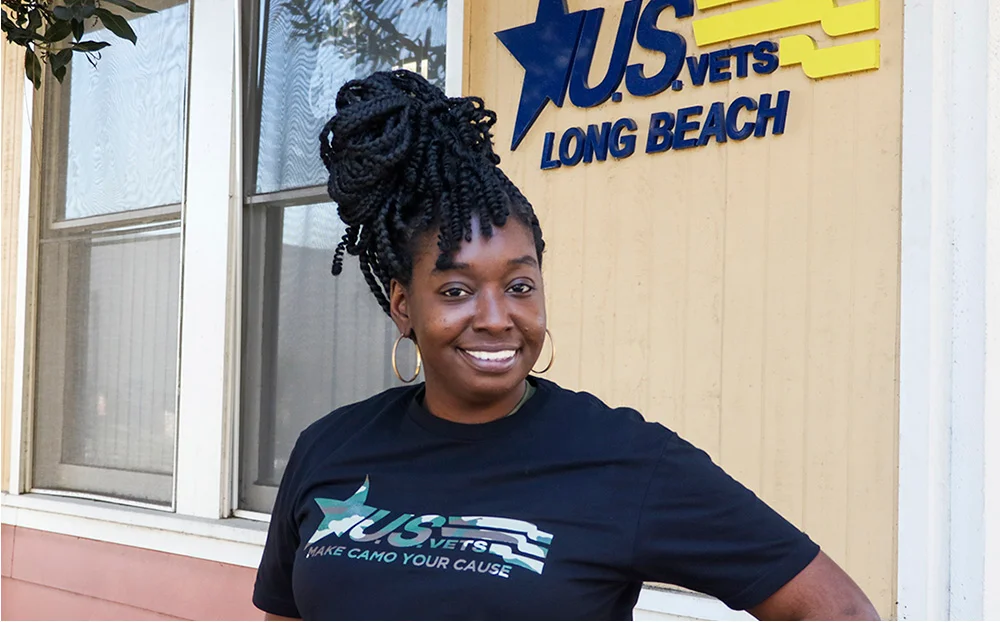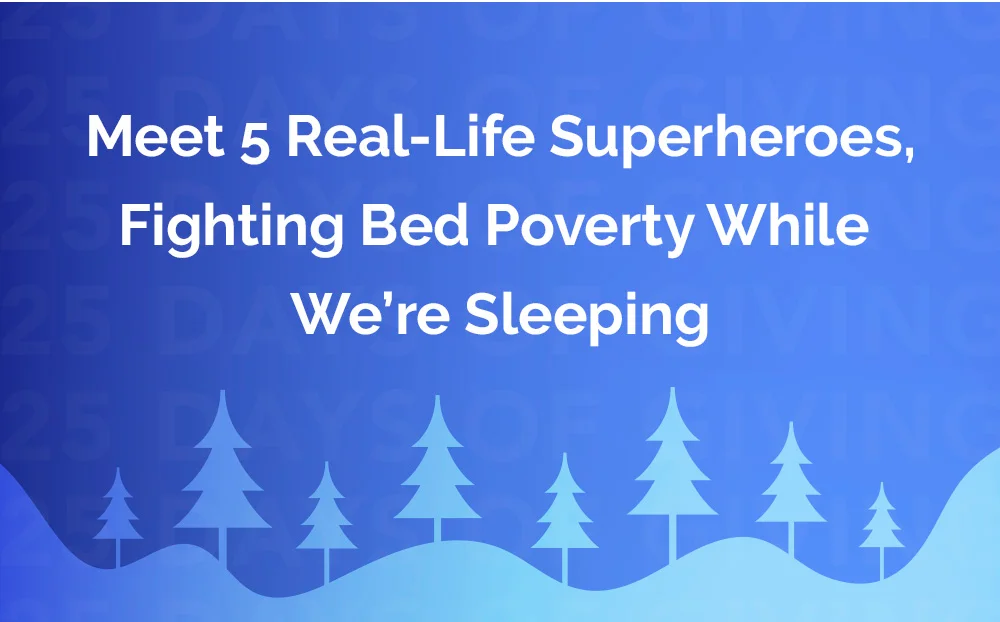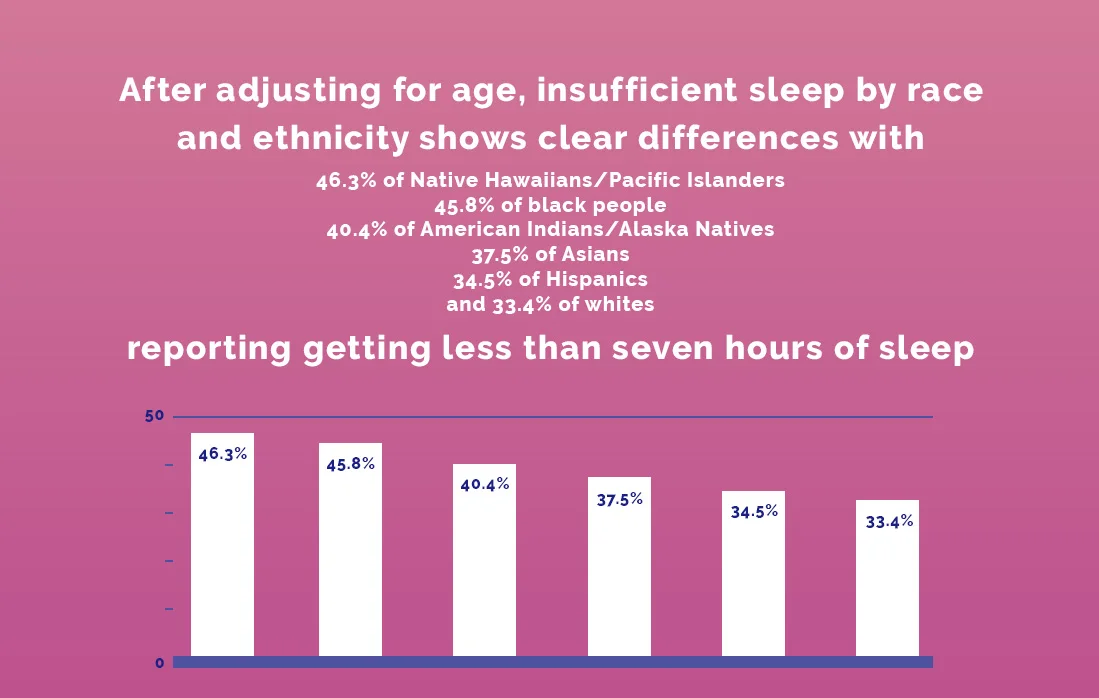
By Shanaide Robinson, as told to Alexandra Frost
It’s one thing to not have a bed. It’s another to not have a bed while you recover from a full hysterectomy. That’s the serious dilemma I found myself in as a 21-year-old military service member. I’m originally from Beaufort, S.C. and I joined the Army, and served for three years as a Transportation Management Coordinator, including during an employment in Kuwait. In that role I coordinated over 2500 soldiers’ returns home. But, one day when I was running a 5K, everything changed. I was rushed to the hospital in severe pain, where I learned I had endometriosis. Seven surgeries later, including a hysterectomy, I was no longer able to have kids. I was devastated.
From there, after I was medically retired from the military, I spiraled into a depression, feeling like I couldn’t do the one thing women were meant to do. My husband left. I wasn’t able to return to the college career I’d started before the military. I couldn’t find a job. So, I headed back home to South Carolina, where I tried to recover from major surgery on my sister’s couch. While I was thankful to have a place to rest, it was hard to truly rest in the middle of the daily life of a family with kids. I’d had to time my needs around the family, ensuring I wasn’t in the way in their main room. Really, you don’t have any privacy, which is something you don’t realize you need until you don’t have it. Aside from my sister’s couch, I stayed with my mom and friends, bouncing around until I decided to leave for California, hoping for a more stable life there.
I had been relying on my military aid, which wasn’t enough to keep up with rent, even shared with another couple, of $9,800 per month for just a bedroom and shared bathroom. I couldn’t afford it, and ended up staying in my car. People don’t know what that’s like. You are always jumping out of your sleep, looking over your shoulders every time. You hear a noise, and think someone’s coming after you. It’s a life of constant fear. You can’t stay in one spot, because you feel like someone’s watching you, maybe even learning your pattern. I did that for a year, though sometimes I stayed at shelters or on someone’s couch. It was complicated by the fact that I was working nights at a rehab center, so instead of getting good sleep in the daytime, I had to be even more vigilant about moving my car, because everyone was out and about.
Then, a friend told me about U.S. Vets, who offer a transitional housing program, who give you a place to stay while you are finding housing. So, I drove to the VA center, and came straight to U.S. Vets. They put me in a safe bed over the weekend. The safe bed is a room with a kitchen, living room, with three meals per day from their dining hall. It was a major sense of relief. I finally felt safe.
My health improved from there. I wasn’t in pain all the time. I was on a path to find housing, and started to pursue my degree in psychology to become a school calendar. But, I still work through some residual questions and trauma around my path. I served my country, but I didn’t feel like there was a plan to help military members transition out.
I felt like, Why? Why me? Why is this happening? I did all these great things and I’m a great person. Why can’t I transition out of the military and do all these things I want to do in civilian life? The answer is simple — not enough veterans are told about the resources available to them when they exit the military. Why isn’t there some sort of program that helps you transition to civilian life?
But, through U.S. Vets, I did eventually get those things. I moved into a shared space with other veterans, and then to my own apartment. They taught me and the others lessons from budgeting to career lessons, and all I had to do was find them, and start. I want others to know that just taking that first step, and asking a whole lot of questions, can help you find all the help available. I wish I knew about U.S. Vets. I wish I knew about HUD-VASH, the VA’s housing programs, and vouchers available there to help pay rent or get help getting into a house. You have to go there and advocate for yourself, and be insistent that you really, really need help. Don’t let them push you away. Demand that you put in your time as a veteran, and you’re a veteran and you matter. And, having a home of your own, and your own bed to sleep in matters too.

“I Promised My Friends — If I Ever Got Off the Streets, I’d Tell Our Stories.” How One Woman Left Bed Poverty Behind

Meet 5 Real-Life Superheroes Fighting Bed Poverty, One Mattress at a Time

The Data Behind Childhood Bed Poverty Is Dire — But There’s Hope Between the Lines


























